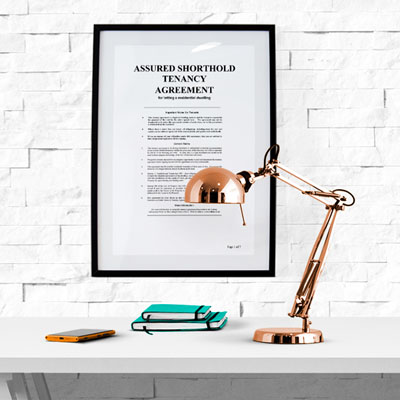Step 1
Contract-holder-like manner
Section 11 of the Landlord and Tenant Act 1985 sets out the legal duties of a contract-holder when living in a property and calls this behaving in a ‘contract-holder-like manner’. This doesn’t just mean abiding by the terms of the occupation contract and paying your rent on time, it also involves carrying out minor maintenance to the property, such as;
- changing all light bulbs – including those fiddly ones in extractor fans!
- ensuring the property is properly heated and ventilated, especially during showers, cooking and when clothes are drying, in order to prevent the build-up of condensation and mould;
- leaving the heating on during the winter, especially if the contract-holder is departing for any length of time, so that the pipes don’t freeze or burst;
- unblocking sinks, toilets and drains;
- checking the fuse-box trip switches when there is a power outage;
- keeping the place clean and tidy, including recycling properly and throwing away all rubbish to avoid attracting rodents;
- topping up boiler pressure in order to keep the system running properly;
- looking up the manuals for the appliances in the property in order to understand how they work.
It’s also the contract-holder's responsibility to report any other maintenance in a timely manner, allowing your landlord to deal with any issues before they get any worse.
In some cases, especially with student lettings, it can be a long time between signing for a property and moving into it the following year. You should always make sure you have copies of the relevant paperwork, and you might even need to update your contact details with your landlord or agency if you’ve had a new phone in the last year or so. You should also bear in mind that some occupation contracts ban things like smoking or lighting candles in the property, so read up on the small print when you move in.







